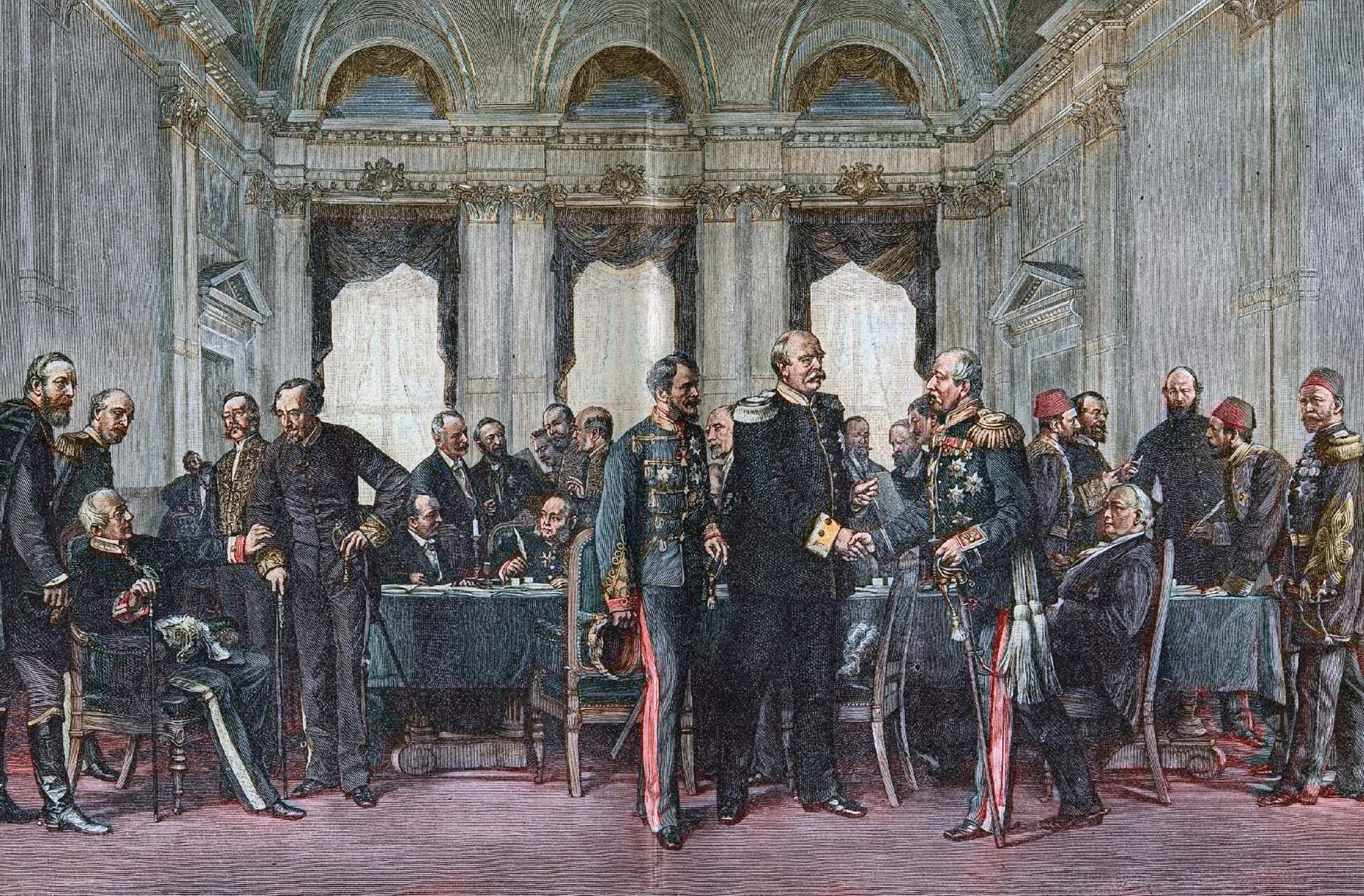Your cart is currently empty!
In 1884, a group of European men sat around a table in Berlin and decided the fate of an entire continent.
Not a single African was present. Not a single African voice was heard. In a matter of months, they carved up Africa, drawing lines on a map with zero regard for the people who lived there. Those lines still exist today. And so does the damage they caused.
The Berlin Conference wasn’t just about borders. It was about control. Europe wanted Africa’s resources (gold, diamonds, rubber, land) but it didn’t want to deal with resistance. So it divided and conquered, splitting communities, forcing different ethnic groups into artificial “nations,” pitting them against each other. The goal was never stability. It was power. And they succeeded.
Fast forward 140 years, and those colonial borders still define Africa. Wars have been fought over them. Families have been separated by them. Dictators have used them to control populations, backed by the same Western powers that created this mess. And when conflict erupts, the world blames “tribalism” or “bad governance,” as if the entire foundation of these countries wasn’t built on violence and division.
Neocolonialism is just the Berlin Conference in a suit and tie. The West still dictates Africa’s future through trade policies, debt, resource extraction. Former colonial powers still hold the wealth stolen from the continent, while African nations struggle under economic systems designed to keep them dependent. The same countries that divided Africa now lecture it on democracy and stability.
And then there’s the hypocrisy. Europe tells Africans to respect borders but had no problem redrawing them when it suited their interests, like during the breakup of Yugoslavia. They say Africa should “move on” from the past, but Germany pays reparations to Holocaust survivors. The message is clear: some histories matter, others don’t. Some borders are sacred, others are negotiable.
The world is still shaped by decisions made in that Berlin conference room. And the fact that Africa is expected to just accept that? That should make you angry. Because colonialism didn’t just happen… it’s still happening. And if we don’t question these borders, these systems, this entire order, then we’re still living in their world, playing by their rules.


Leave a Reply